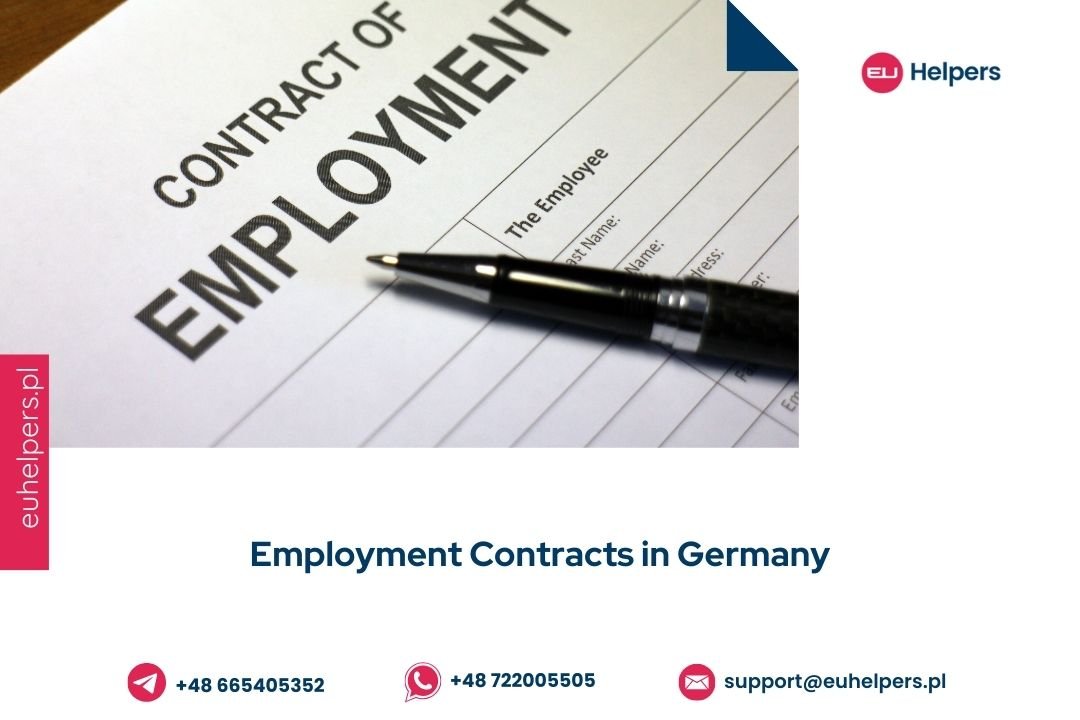In Germany, a written employment contract is a standard requirement, ensuring clarity and legal transparency for both the employer and the employee. This contract should provide essential details, including salary, holiday entitlement, and other key employment conditions. Before signing, carefully review the contract, and if there is any aspect you don’t fully understand, don’t hesitate to reach out to the HR department or the company's human resources manager for clarification. Verifying all information is crucial for a smooth and informed start to your employment.
Essential Elements of an Employment Contract
Every employment contract in Germany should include specific information to establish clear terms. Here’s a breakdown of the vital elements your contract should cover:
- Names and Addresses: This section should identify both the employer and the employee by name and provide the respective addresses.
- Inception Date: Clearly stated in the contract, this is the official start date of your employment with the company. It marks the beginning of the contract's validity.
- Contract Duration: If the contract is time-bound, its end date should be mentioned. Confirm whether your contract is for a fixed or indefinite period.
- Probation Period: Most contracts include a probationary period, which allows either party to terminate the contract with shorter notice. The length of this period should be specified.
- Work Location: The contract should mention where you’ll be working. If the job requires working at multiple locations, this flexibility should be outlined in the document.
- Job Description: Your contract should list your main responsibilities, helping to set clear expectations for your role within the company.
- Remuneration (Salary): This section specifies how much you will be paid for your work. It may also mention any additional bonuses or allowances, such as holiday bonuses or weekend work incentives. Confirm the timing of salary payments as well—whether it is paid at the beginning or end of the month.
Note: In most cases, the salary mentioned is the gross amount. From this, taxes and social security contributions, including health, nursing care, pension, and unemployment insurance, will be deducted.
- Working Hours: Check that the contract states the number of hours you’re expected to work each week.
- Paid Leave: Your entitlement to paid leave should be outlined in the contract, giving clarity on your annual vacation days.
- Notice Period: The contract should indicate how much advance notice is required by either party to end the employment relationship.
- Collective and Company Agreements: In addition to the individual employment contract, specific regulations might apply through collective bargaining agreements or company agreements. Collective bargaining agreements, negotiated by employers' associations and trade unions, may provide additional details on salary, leave entitlement, or working conditions. Company agreements, formed within a company’s works council, address similar issues on a company-specific level. Don’t hesitate to ask your employer for more information on any agreements that apply to you.
Germany’s employment contracts are designed to provide clarity and fairness for both parties. Take the time to review and understand each clause. Seeking guidance from HR or legal advisors, if necessary, ensures you start your role with full knowledge of your rights and obligations.

